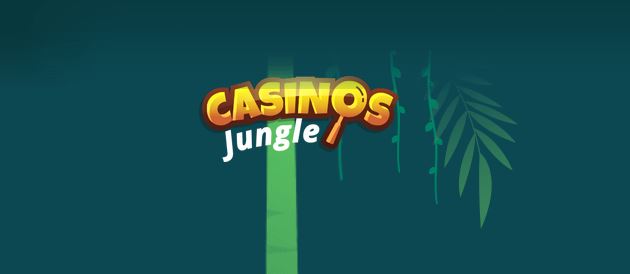Entertainment in a post-COVID World: What should we expect?
There are two ways of imagining the future of entertainment in the post-COVID world: from a consumer perspective and from an industry perspective. Both will have their say in what will come next, but it's safe to assume that industry innovations will lead consumers by the nose to where the companies want them to be.
Here we describe some recent innovations and ones still in the works. We'll also look at how entertainment is changing after the pandemic that rocked planet earth.
A world of opportunities opened up
It might be surprising, but the COVID-19 crisis has brought on many new opportunities in a variety of fields—whether it was individuals looking for a better working wage and conditions, or businesses eager to capitalize on the uncertainties of the last years, a lot has really changed, some of it for the better. The crisis closed many doors in the world of probability, but science and history show us that people will always adjust.
That is exactly what happened when the lockdowns were mandated in many countries to slow down the spread of the virus. Doors opened, but only the most savvy, adventurous, or desperate jumped right through them to capitalize on the opportunity they provided. The most obvious cases were food delivery (UberEATS), retail home delivery (Amazon), and home entertainment (Netflix and online gaming). It also helped online casinos, as gamblers could not go to physical establishments anymore. Anyone looking for the thrill of betting on sports had to find a new hobby when all the sports leagues were temporarily shut down. There is no doubt that online casinos did an amazing job at adapting to the crisis and bringing online gaming to the next level in games, but also in terms of security. We need only visit Casinos Jungle to understand the vast array of sites available to players today.
Moving from opportunity to creating a sense of direction
The pandemic affected both individuals and businesses. In the aftermath, there are two distinct expectations today about the world of tomorrow. And within those two groups, there are different opinions, very often as distant from one another as they have ever been before. We can divide individual users into the camps of liberty fighters and the security faithful. And in the industry, we find the old world (physical locations) vs the new world (a virtual one). There's much more to be said than we have room for here, but let's take a look at an example of what this means.
We have already seen the first fallout from the COVID-19 crisis in the entertainment
world. The major studios, before America and Europe were fully out of the
lockdown period, decided to release some of their biggest and most expensive
films directly to their online streaming platforms. Disney's Mulan was
the first such major release. This was the test case for the financial risk of
launching costly movies online instead of inside cinemas first.
And it worked! Then, Disney tried a mix of streaming platform and cinema distribution with the movie Black Widow. And, although it displeased the lead actresses and producer, Scarlett Johannson, it nevertheless did quite well. The result signals what is likely to be a major shift in the movie industry. In fact, HBO Max, part of the Warner Group, has clearly identified that it will become policy to stream some of its biggest productions while they are still playing in theatres. This is currently the case for the massively expensive science-fiction drama Dune, and it will be the same for the new sequel of The Matrix when it comes out in a few months.
A step towards a full virtual world?
Did the lockdown made us want to stay more enclosed in our own homes, or is that simply where we were heading to anyway? We’ll probably never know the answer to that question, but the result is an audience with changed habits and studios looking to maximize their gain by understanding the new normal.
In terms of individual consumers, people are divided. Some want only to get out and experience the world exactly as it was before. Others are thriving in their closed-off worlds—they would rather leave their home as little as possible if at all. The entertainment industry certainly understands this, and that's why they are perfecting they hybrid model they've been forced to implement recently, but probably should have been using for years.
For now, it is fair to say that more intimate in-person experiences like concerts and live plays will go on. The rules may change for those attending, but the demand is still too strong to move away from live experiences.
Gunning for as much change as possible, however, is Facebook, a company that has capitalized like no other, excepting Amazon, at profiting from the pandemic and the uncertainty and division it created. Mark Zuckerberg, founder of Facebook, wants to control the change and run with it quicker than the movie studios do. To make change happen, Facebook has just announced the not-so-distant launch of its metaverse. It even changed the name of the firm from Facebook to Meta. This metaverse’s objective is for people to live a virtual life online. Although it is difficult to envision our world becoming virtual in only a few years, it is also almost impossible for it to not happen at some point. It will probably take longer than Facebook (or Meta) would like it to, but all signs point to us enjoying our entertainment mostly from home, at least for the foreseeable future.
Comments
There are 0 comments on this post













